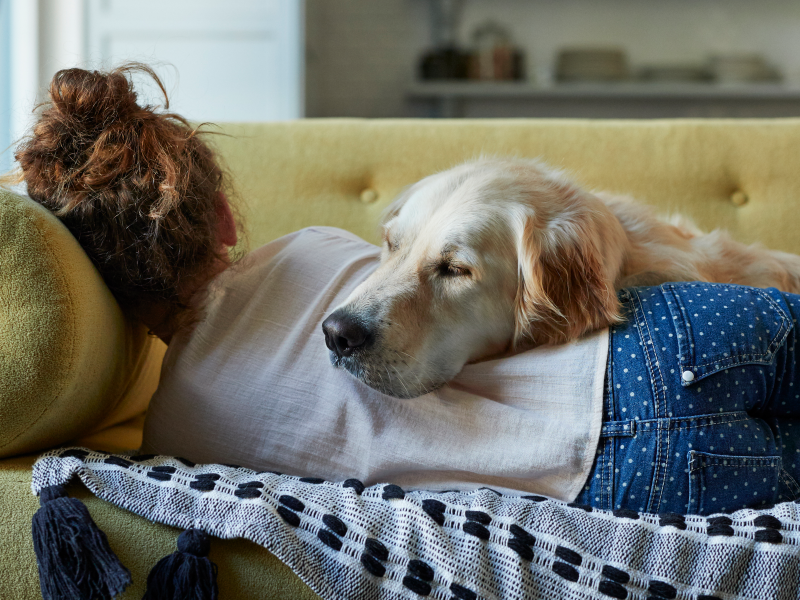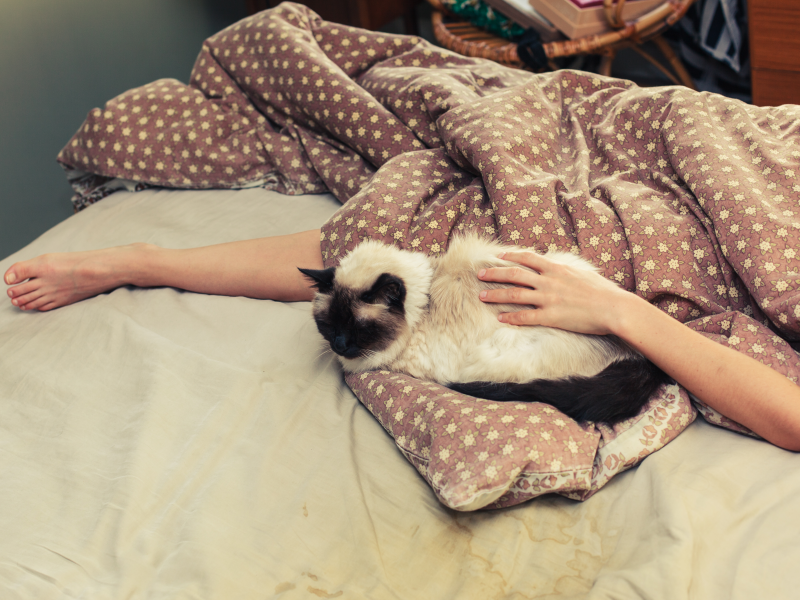- One of the reasons you might feel tired after a nap is if you slept for too long.
- Some experts believe that taking a 20-minute to 30-minute nap is ideal if you want to feel more awake and avoid impacting your regular sleep schedule.
- Some experts also suggest that napping in your own bed and napping earlier in the day can help you achieve a better rest.
- Visit INSIDER.com for more stories.
Sometimes a nap will leave you feeling rejuvenated and full of energy. Other times, you’ll encounter the not-so-great post-nap feeling of waking up as tired or more tired than you were before.
As it turns out, there are a few things that could be making your naps so unsatisfying.
Here’s what you need to know about taking the perfect nap, plus mistakes that could be contributing to your post-nap tiredness.
If you feel tired after a nap, it may be because you slept for too long
“If you nap for too long and wake abruptly from a deeper stage of sleep, you can feel groggy and lethargic upon awakening,” said Martin Reed, a certified clinical sleep health expert. “This is known as sleep inertia and can be avoided by allotting less time for a nap.”
According to Reed, the ideal amount of time to nap for is about 20 minutes to 30 minutes "so you are less likely to enter the deeper stages of sleep."
According to Sleep.org, if you are able to do so, taking a 90-minute nap could be even more ideal. In that time, your body should be able to make it through one complete sleep cycle, causing you to wake up feeling refreshed.
Just be sure to set an alarm since taking a nap for more than 90 minutes might cause you to feel more tired than before.
Naps might not always help you rest your mind but they may give your body time to heal and recover

"The brain has different stages of activity at different stages of sleep that are designed to rest different parts," Steven Olmos, DDS, who specializes in sleep disorders, told INSIDER.
Read More: 16 changes you can make to get a better night's sleep
He said the first part of sleep is "designed to rest and heal the body and the second part of sleep is to rest and heal the brain," so a quick nap may actually help you to eliminate any physical fatigue you have, even though it might not provide you with much mental energy.
Aside from controlling the amount of time you nap for, there are some things you can do to potentially improve the quality of your sleep

Taking a nap close to your bedtime may make it difficult for you to resume a healthy sleep schedule. "It's usually best to take a daytime nap as early in the day as possible to reduce any effect it may have on your sleep at night," said Reed.
Reed also said that, if you have the option, it's a wise idea to nap in your own bed.
"This will help you strengthen the association between your bed and sleep. Creating and strengthening this association is particularly important for those who struggle to sleep at night," he explained.











